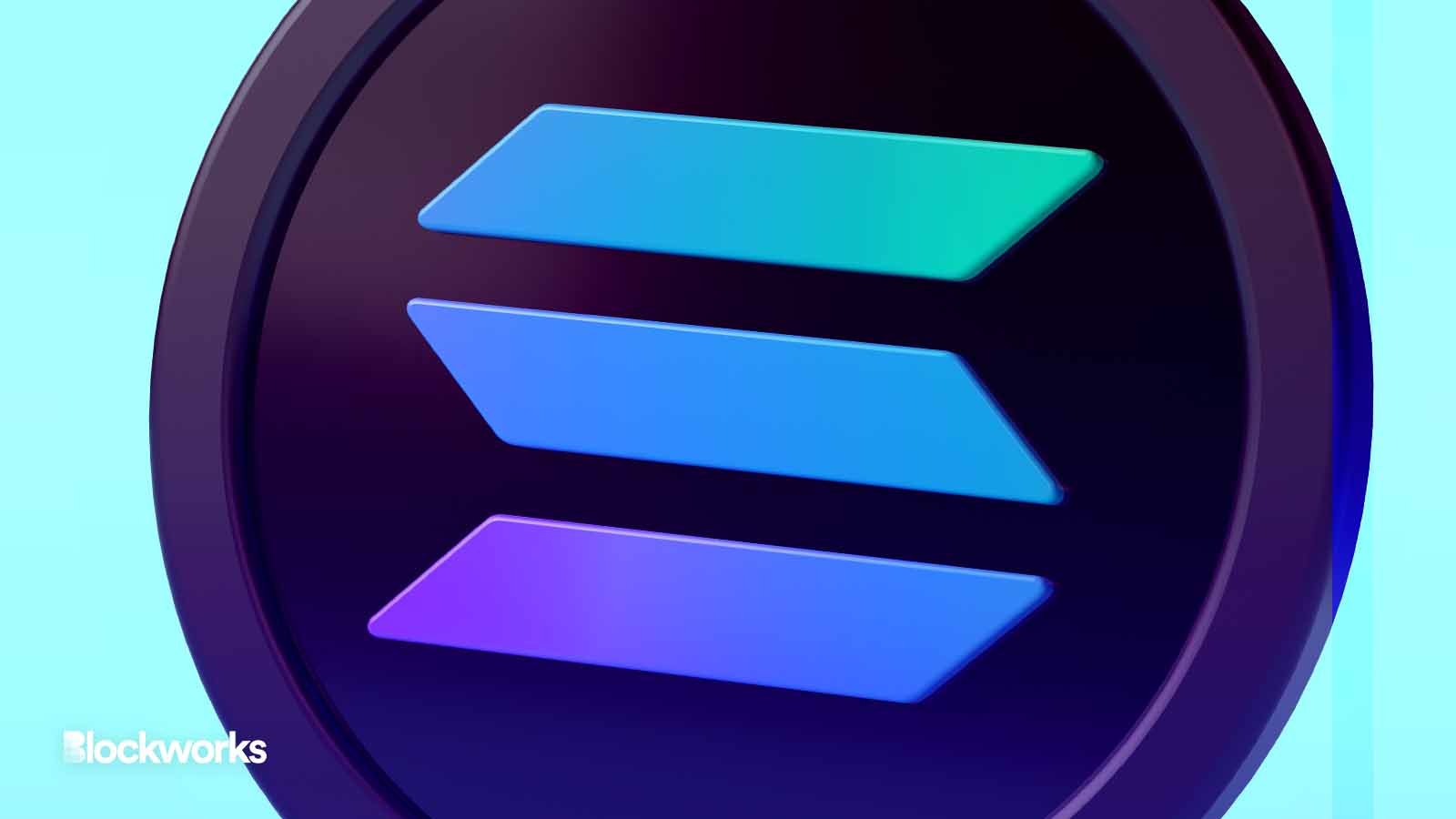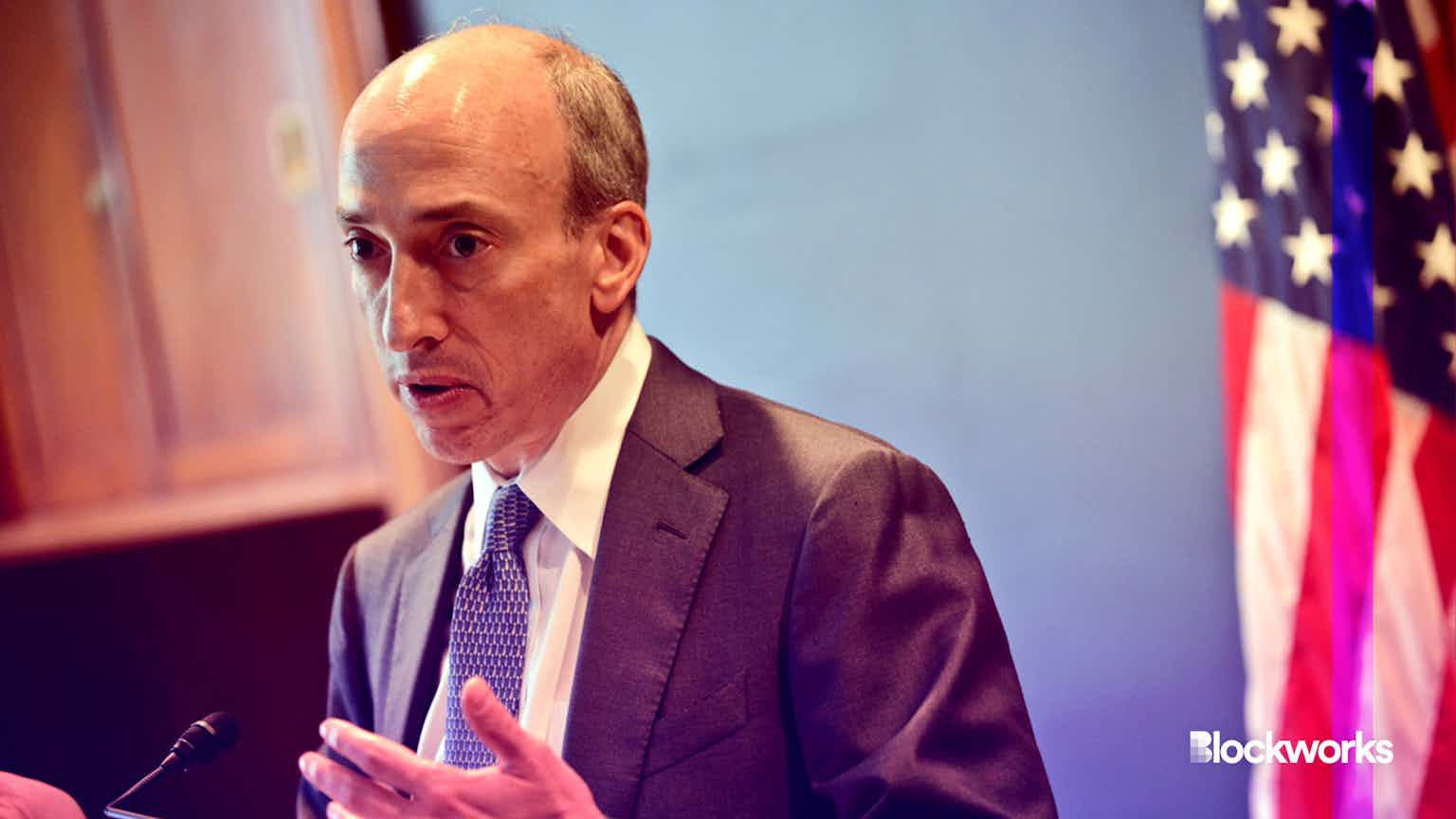Metaplex’s Latest Updates Have Community Members Riled Up
This latest update will introduce immutability to token metadata but ensure that its key characteristics are preserved, and it will also introduce network fees

dCrypto/Shutterstock modified by Blockworks
Metaplex, a company that creates NFT tools for creators and developers on the Solana blockchain, introduced protocol update plans for its token metadata program yesterday, drawing community backlash.
This latest update will introduce immutability to token metadata but will ensure that its key characteristics are preserved. It will also introduce network fees of around 0.01 to 0.001 SOL to the token metadata program on select instructions.
Stephen Hess, the CEO of Metaplex, told Blockworks that “the goal of adding small transaction fees on Token Metadata is to align the protocol with the success of the community it serves and to fund on-going innovation including the completion of the Token Metadata program and continued development of new technology like Compressed NFTs, which we introduced late last year.”
Unlike on the Ethereum blockchain, where ERC (Ethereum request for comment) represents a blueprint of how contracts should function on the network, Solana does not yet have these interfaces, Mert Mumtaz, the co-founder and CEO of Helius, a Solana infrastructure company, told Blockworks.
This means that a single program owned by a single team will set the standard, Mumtaz said.
According to a blog post from November 2022, Metaplex states that it accounts for over 99.9% of the Solana NFT market.
Considering Metaplex’s importance in the Solana NFT market, Mumtaz notes that program freezing — the process of permanently locking metadata in decentralized storage so that the information will never go lost or missing — should be necessary.
This ensures that users will always have access to their NFTs and that a single for-profit entity does not have control over the entire network’s NFTs, Mumtaz explains.
“I think the problem is it was assumed this was public infrastructure, like roads in a city, and now there’s taxes or tolls being added to the roads in the city,” Mumtaz said.
The tolls — or in this case the network fees — Mumtaz emphasizes, are not the biggest problem.
“The biggest problem is usually, if there’s fees, we can just fork the program and people can choose to use a different program with no fees, but Metroplex changed their license such as their program is not open source anymore and you can’t legally fork it past a certain point,” he said. “Now we’re essentially forced to pay a tax to use that program.”
Mumtaz notes he does not believe the amount of tax that must be paid is the problem but the ethics behind the decision.
In response to these concerns, Hess highlights that it is important to note that it is still possible for anyone to fork Metaplex programs.
“It’s acceptable under the license for anyone to fork Metaplex programs even for a competitive use case, provided the fork isn’t removing, replacing or modifying the fees,” Hess said.
The code can also be forked and fees can be removed under the circumstances that a program or product is non-competitive, he notes.
“We implemented the license in response to third parties forking our open source code, closing source and making the forks their proprietary businesses…The license aims to strike a balance between protecting our ability to economically benefit from our code while also ensuring transparency, composability and freedom for developers to build on top of it,” he said.
Hess confirms that there are no plans for Metaplex Foundation to change its license for now. He notes that important updates in response to the community’s feedback will be published later today.
“[We] are committed to iterating to find the right balance between sustaining protocol innovation long term,” he said.
Start your day with top crypto insights from David Canellis and Katherine Ross. Subscribe to the Empire newsletter.





